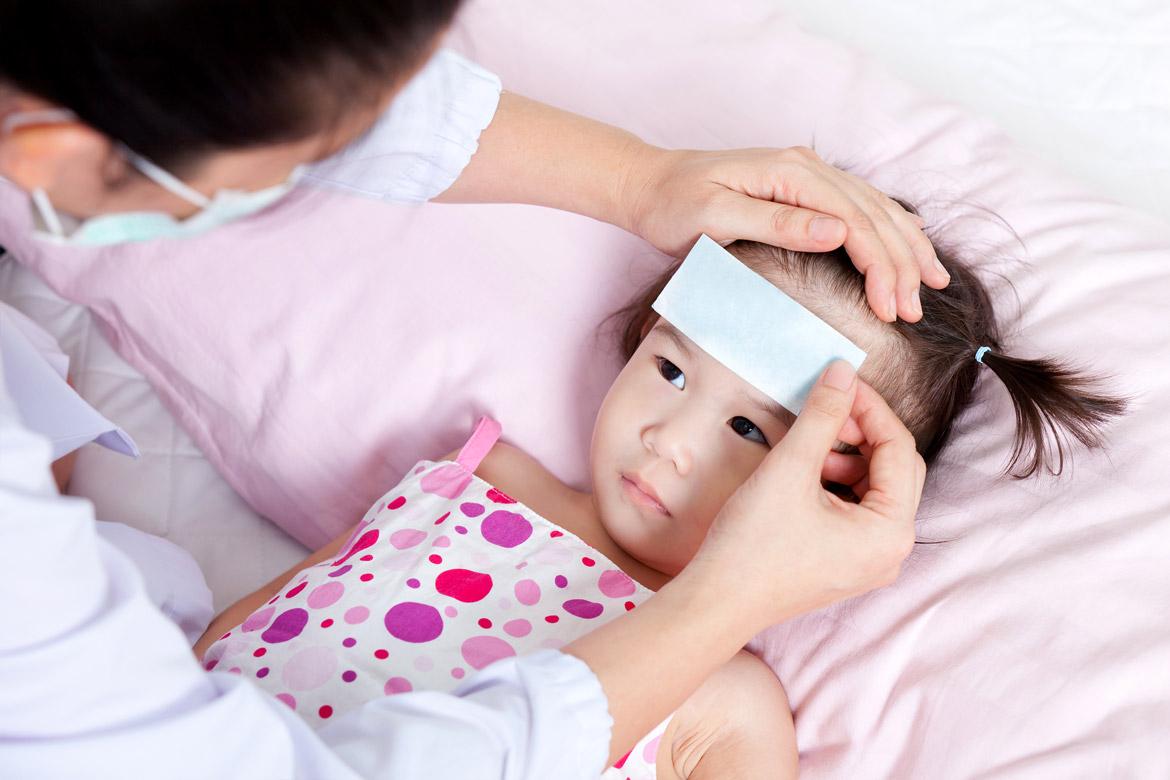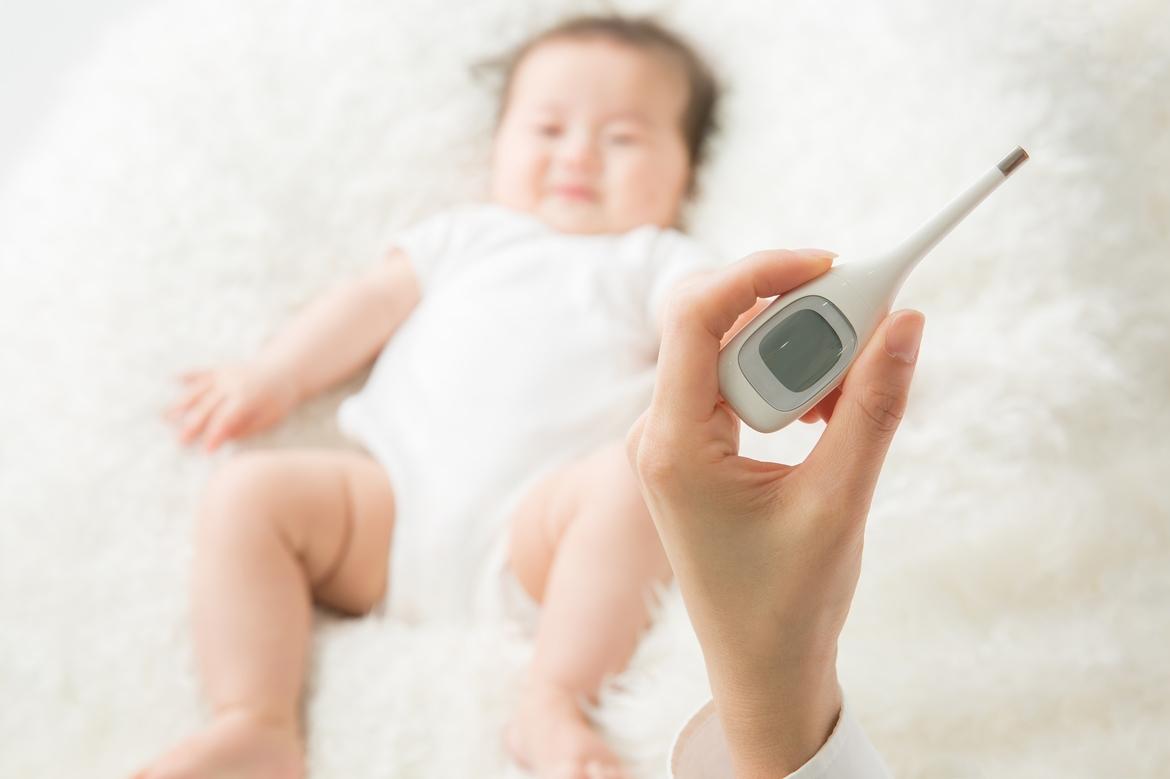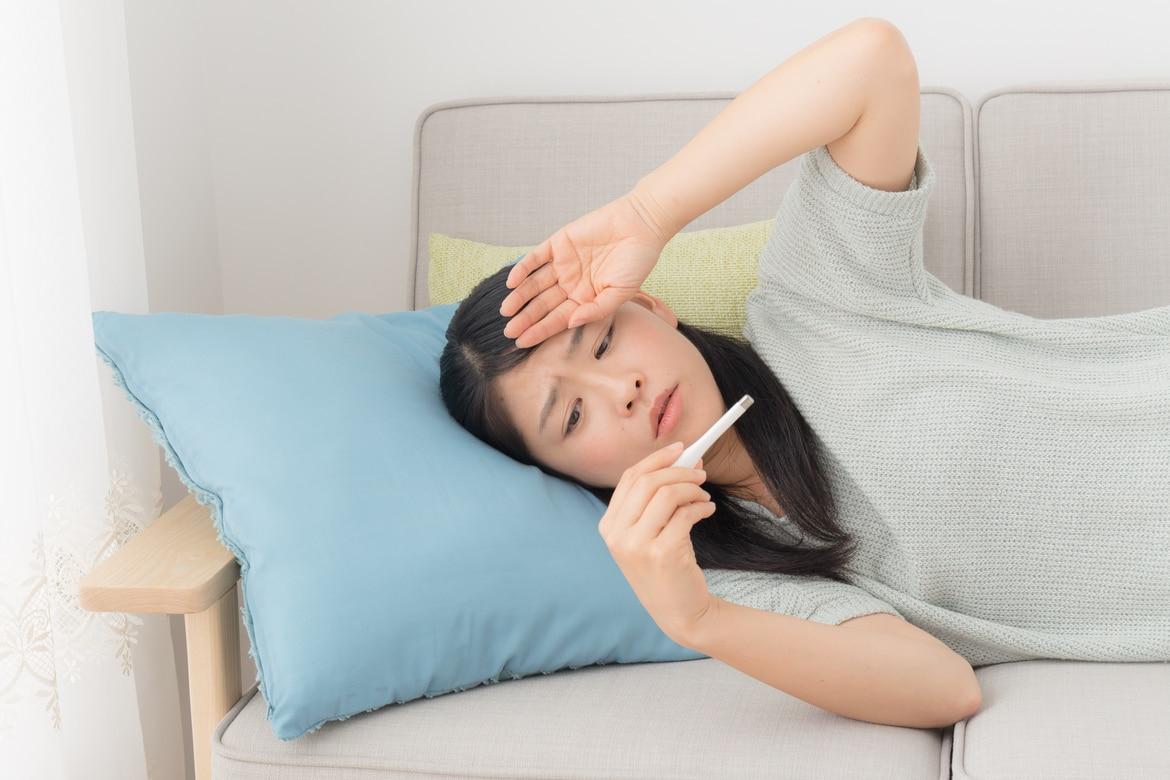Health Plus articles
The Ultimate List of Common Medical Conditions
Is your doctor using words you don't understand? We decipher common but sometimes confusing medical jargon.
Fever in Children: Your Questions Answered
How to manage your child's fever at home and when it's time for a doctor.
Fever in Babies: When Should You Be Worried?
Is your baby having a fever? Before you start panicking, read what our paediatrician has to say about how to deal with baby fever.
When Should You See a Doctor for Your Fever?
Suffering from a fever? How do you know when it's bad enough to see a doctor?








